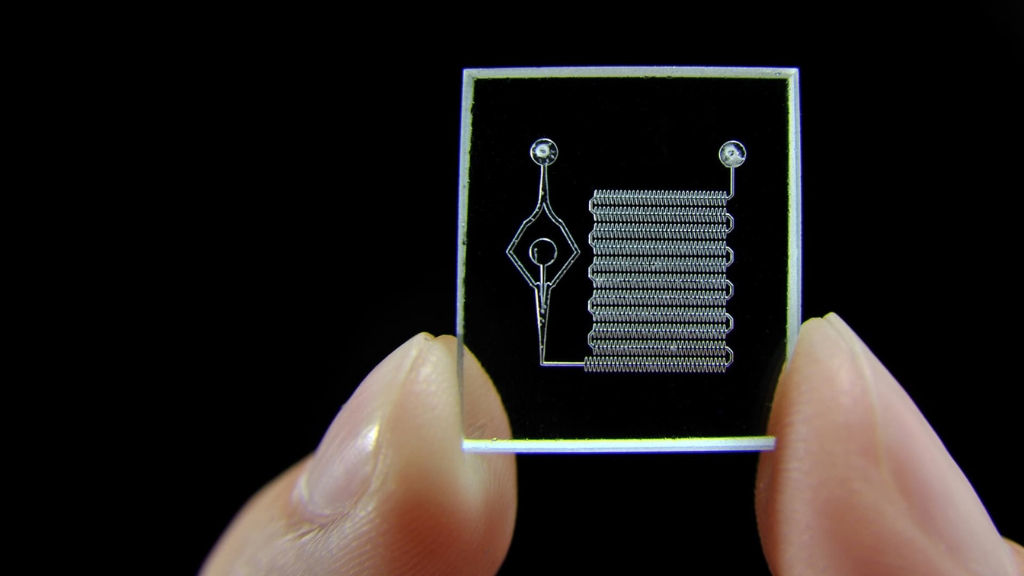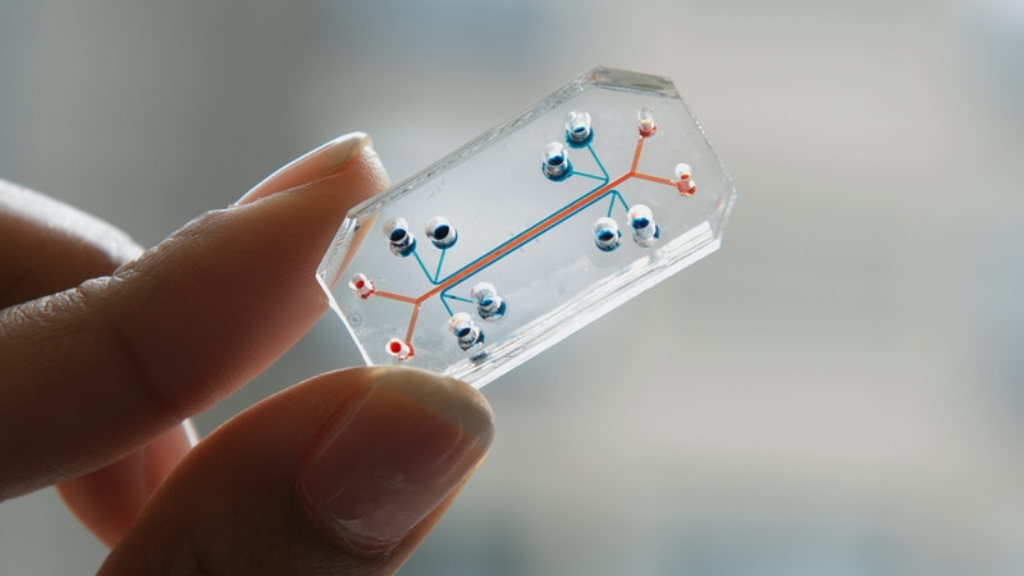Lab-on-a-Chip: The New Revolutionary Technology
Lab-on-a-Chip: The New Revolutionary Technology
Blog Article
What if we told you a tiny device could contain a complete laboratory? It is so little that it nearly resembles a USB stick! Is it difficult to believe? Scientists recently developed such a technique. It’s been dubbed Lab-on-a-Chip. The small channels carved on this portable device allow for microscopic fluid management and offer a variety of experimental insights into human physiological processes.
Read More: https://bstandard.info/english/lab-on-a-chip-the-new-revolutionary-technology/
This technique, which offers the advantages of scaling rules by condensing laboratory processes onto a chip, was initially created by biochemists. Researchers have more control because of its small size, which allows them to test the responses of individual cells.
Read More: https://bstandard.info/english/lab-on-a-chip-the-new-revolutionary-technology/
The major goal of lab-on-a-chip technology is to quickly and easily provide diagnostic tests to patients in their immediate vicinity or, if required, to their homes. This will make healthcare more accessible even in underdeveloped areas, such as distant locations.

How Lab-on-a-Chip Technology Operates
Microfluidics, which studies how fluids respond to these tiny devices, is the basis for lab-on-a-chip technology. The chips in these devices are based on laminar flow, which is the small-scale, parallel movement of liquids without mixing.
The lab-on-a-chip cartridge’s internal components, including valves, pumps, and sensors, direct the sample fluid when it is introduced. Through a serial dilution process, it is combined with several chemical inputs to produce particular test findings.

Lab-on-a-Chip Technology Benefits
- Miniaturization: Lab-on-a-chip technology reduces the size of the laboratory’s massive infrastructure, allowing physicians greater autonomy over their medical practice.
- Speed: Compared to traditional tests, this technology can get results in 30 minutes.
- Small sample requirements: By using micro to nanoliter quantities of sample, these technologies minimize biological material waste.
- Low cost: Compared to conventional laboratories, it may be produced at a significantly lower cost because of its compact size.
- Availability: It helps to enhance healthcare in isolated places.
- Lower chance of error: The automated system minimizes the likelihood of error by utilizing Lab-on-a-Chip.

Recently, the healthcare industry has undergone a transformation driven by lab-on-a-chip technology. Research on regenerative medicine, infection monitoring, tailored treatment, and quick disease detection all rely heavily on it. Future advancements in this technology will increase the general public’s access to and effectiveness of healthcare.
Read More: https://bstandard.info/english/lab-on-a-chip-the-new-revolutionary-technology/ Report this page